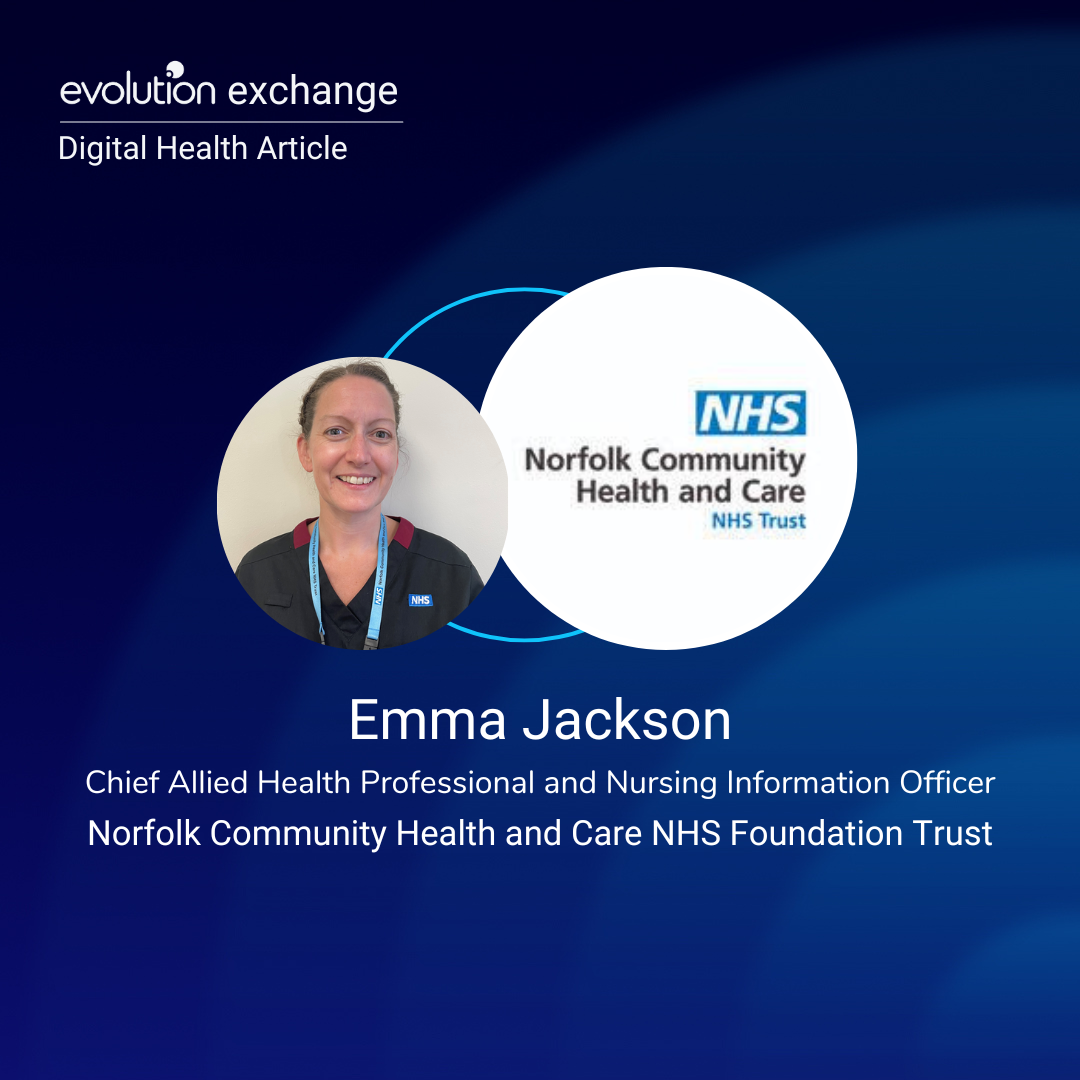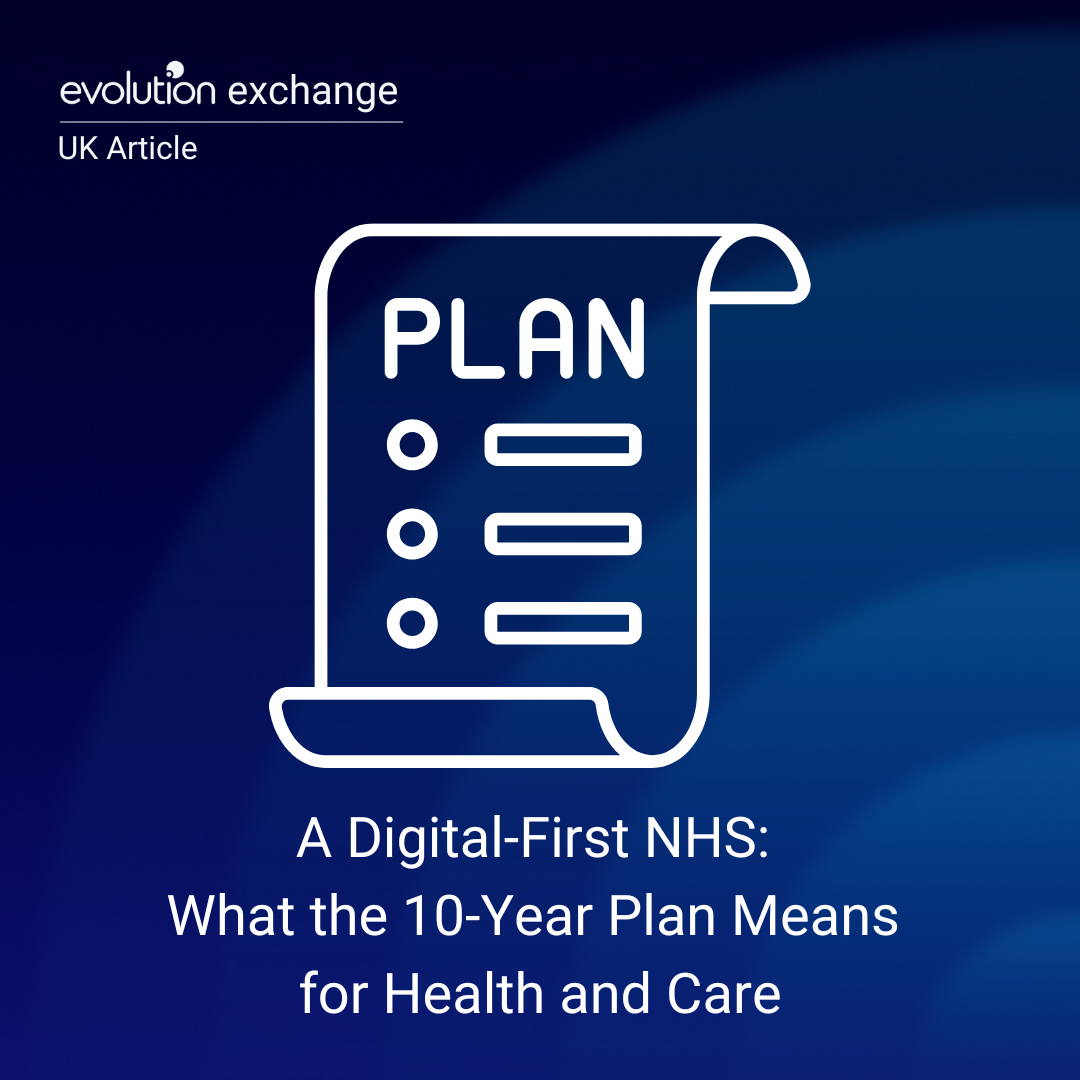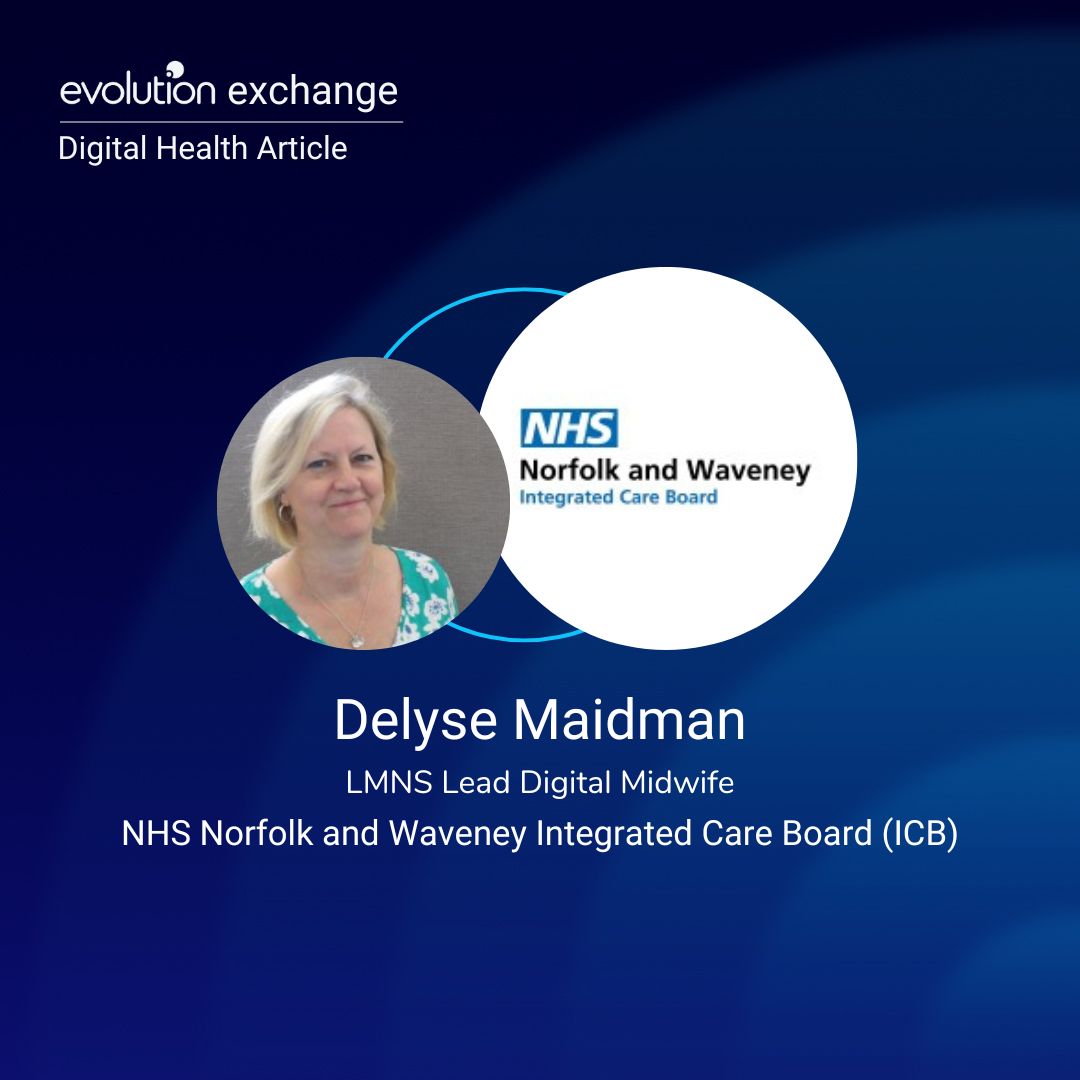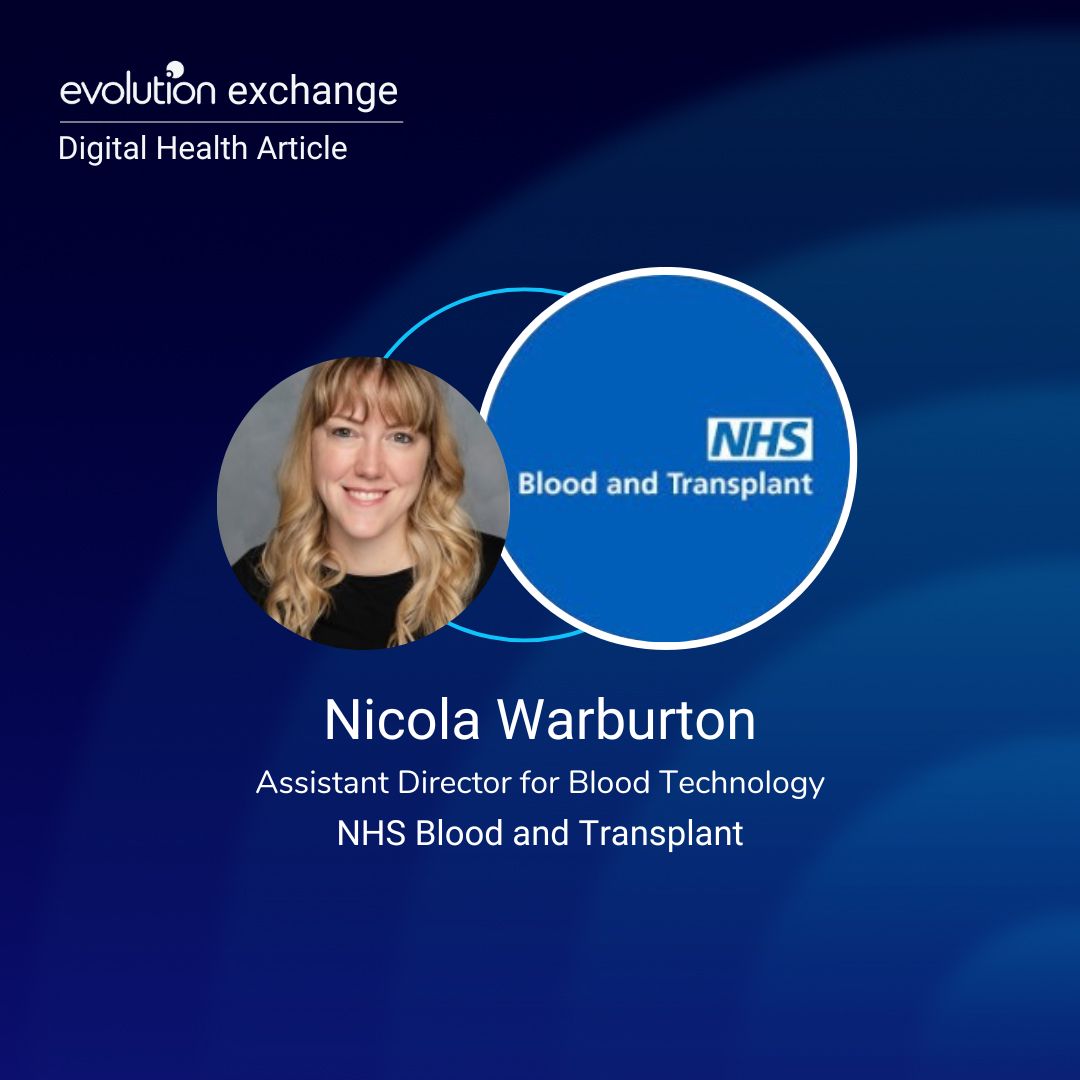The era of Electronic Health Records (EHRs) has revolutionised the healthcare industry by transforming the way patient information is managed and accessed. With the widespread adoption of digital systems, healthcare providers are experiencing improved coordination of care, enhanced patient empowerment, and streamlined healthcare processes. In this article, we delve into the insights shared by Dr. Penny Kechagioglou, Consultant Clinical Oncologist, Chief Clinical Information Officer, and Deputy Chief Medical Officer at University Hospitals Coventry and Warwickshire, as she discusses the challenges and opportunities of EPRs in promoting health and wellbeing.
Improved Coordination and Continuity of Care:
According to Dr. Kechagioglou, “It’s very important to go back to basics and ensure that we, as clinicians, document a full medical history, including co-morbidities and lifestyle behaviours in the electronic health record. This helps with managing medical problems better, ensures data quality and effective medical coding. We can then base decision-making on our data and apply population health management principles. For example, we can have a look at different populations and come up with research questions, like is that population of patients with cardiovascular disease doing better with one therapy versus others and how does lifestyle impact clinical outcomes. There’s a lot of benefit to completing the data sets properly and accurately on EHRs: EHRs provide healthcare professionals with quick access to comprehensive patient information, enabling informed decision-making, reducing errors, and enhancing patient safety. EHRs also facilitate efficient communication and collaboration among healthcare professionals, fostering a holistic approach to patient care.
Enhanced Patient Empowerment and Engagement:
Dr. Kechagioglou emphasises the importance of patient engagement through EHRs, stating, “By having the opportunity to engage end-users in EHR design and implementation, we can maximise adoption and transform the way clinicians interact with citizens and the way citizens manage their health. I also think it is going to transform the the way we perform research through continuous real-world data collection”. It’s very exciting times that we are seeing our National Health system being digitised.” EHRs can empower patients by granting them access to their medical records, lab results, treatment plans and clinical communication. This can increase engagement encouraging patients to take ownership of their health and make informed decisions. Patient portals and secure communication with healthcare providers further enhance patient engagement and promote a patient-centred care model.
Leveraging Structured Data for Research and Innovation:
Regarding the utilisation of structured data, Dr. Kechagioglou states, “There’s a lot of benefit in completing the data sets properly and accurately because you can generate questions and it can lead to research proposals and research studies. We can also link our data anonymously with other trusts to develop larger datasets which can be analysed to help answer important health questions and also apply artificial intelligence and machine learning to develop clinical decision-making tools.” Accurate documentation and coding of patient information enables the generation of research questions and proposals. EHRs allow for the analysis of different patient populations and the comparison of outcomes, leading to improved therapies and interventions. The ability to link data anonymously with other healthcare institutions through EHRs and portals facilitates larger and more robust research studies.
Interoperability and Future Perspectives:
Dr. Kechagioglou envisions the future of EHRs, emphasising the importance of interoperability. She says, “What I want to see in the future is any patient having access to their medical records, wherever they are in the UK, rather than having to wait to request records from a different place.” The goal is to achieve interoperability, ensuring patients can access their medical records seamlessly across different healthcare settings. This advancement will promote smoother transitions of care and enhance patient and healthcare staff experiences.
Implementing EPR successfully
Implementing EHRs successfully requires careful planning and consideration. Dr. Kechagioglou highlights the importance of ensuring the quality and accuracy of data input. She stresses, “Unless the human being inputs the right data, there’s going to be the wrong outcome.” It is crucial to educate healthcare professionals on the importance of thorough documentation and effective coding to maximise the benefits of EHRs. Adequate training, ongoing support, and clear communication are essential to facilitate a smooth transition to EPR systems.
To maximise the success of EHR implementation and reap their benefits, we need first to transform the way we work and engage with our patients and citizens. End-user engagement is critical from the strategy and EHR business case stage through to implementation and post go live optimisation. Understanding patient and healthcare staff needs and designing the workflows to meet those needs, whilst reducing unnecessesary waste in processes, can ensure that digital adoption does not lead to staff burn-out. Close collaboration and knowledge sharing between healthcare staff across organisations and systems, EHR partners and end-users will make digital transformation more enjoyable and scalable. Finally, EHR and portal implementation is an opportunity to educate staff and citizens about lifestyle behaviours and how those impact health and wellbeing, linking lifestyle with healthcare outcomes and making conscious efforts to improve the health of our populations.
The era of EHRs brings numerous benefits to the healthcare landscape, as highlighted by Dr. Kechagioglou. Improved coordination and continuity of care, enhanced patient empowerment and engagement, and the utilisation of structured data for research and innovation are transforming the way healthcare is delivered. As interoperability becomes a reality, patients will have greater access to their medical records, further enhancing their involvement in their own healthcare journey. The era of EHRs marks a significant advancement in healthcare delivery, with the aim of improving the health of our population.













